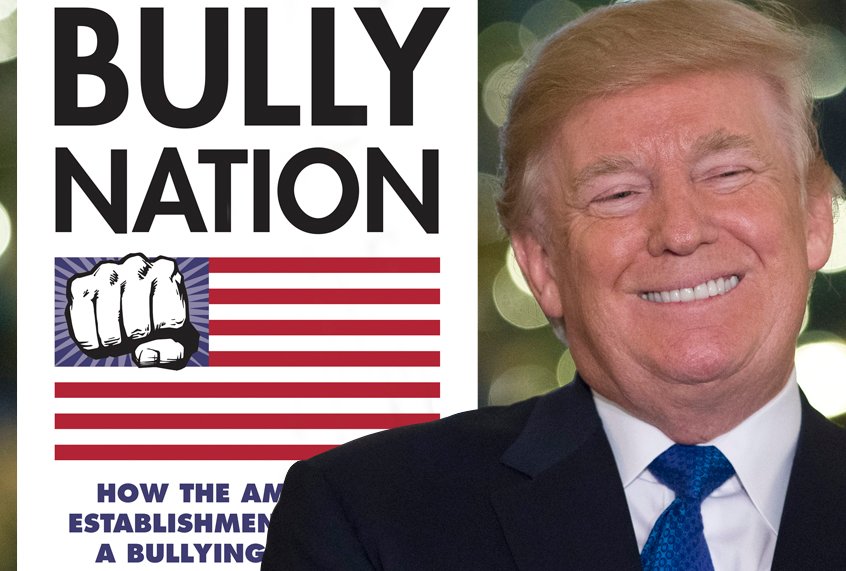In four years of Trump, a change in the attitude to violence in politics
 The October 9 New York Times’s briefing from David Leonhardt repeated a point made by The Economist’s John Prideaux in his Checks and Balance newsletter of October 2.
The October 9 New York Times’s briefing from David Leonhardt repeated a point made by The Economist’s John Prideaux in his Checks and Balance newsletter of October 2.
The point is as follows: An alarming proportion of Americans seem to believe violence is justified to advance a political goal.
The Economist cited a large-sample poll from the Voter Study Group, a political science think-tank.
The NYT cited a YouGov survey.
I’m not sure if there’s any overlap in the polling, other than the question asked and the time it was first put to the American people. This was at the start of the Trump presidency.
In January 2017, the Voter Study Group asked the following question: “How much do you feel it is justified for [your party] to use violence in advancing political goals?”
YouGov asked the same, in early 2017.
The results are instructive.
In 2017, eight per cent of Americans surveyed by the Voter Study Group thought that violence could be acceptable. The YouGov survey also had eight per cent saying the same thing.
That’s not pleasant to contemplate but, as The Economist correctly pointed out, it’s “possible to get 8% of Americans to say almost anything: a Gallup poll taken 33 years after Elvis Presley’s death found that 4% of Americans thought he was alive (or at least thought it would be funny to tell the nice callers from Gallup that he was).”
Anyway, here’s the more troubling bit. In 2020, the Voter Study Group found 30 per cent of Americans saying violence in politics is sometimes acceptable. YouGov had a slightly less alarming result. It was somewhere in the 16 per cent range, ie, roughly double the number of people who said in 2017 that they were willing to accept violence in politics. The NYT said, “The increase spanned both Democratic and Republican respondents.”
In 2016, racially motivated extremism—including white supremacy—accounted for 20 per cent of terrorism-related deaths in the United States. By 2018, that figure had risen to 98 per cent.
To those who complain that everyone is always saying it’s Donald Trump’s fault, let me clarify: The results of the polling are not solely because of Mr Trump but largely because of his rhetoric and sensibilities.
As the NYT noted, “The American right today has a bigger violence problem than the American left. Of the 42 killings by political extremists last year, right-wing extremists committed 38, according to the Anti-Defamation League.”
And Mr Trump has encouraged violence against protesters at his rallies and indicated tacit approval of violent white-supremacist groups.
The downward slide towards violence was probably inevitable but it’s no less scary and sad for all that.

